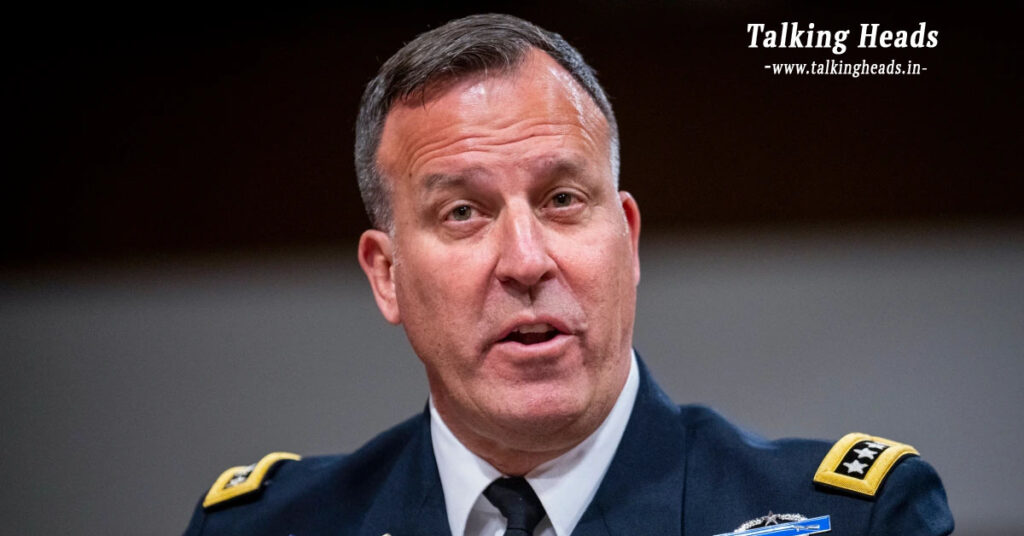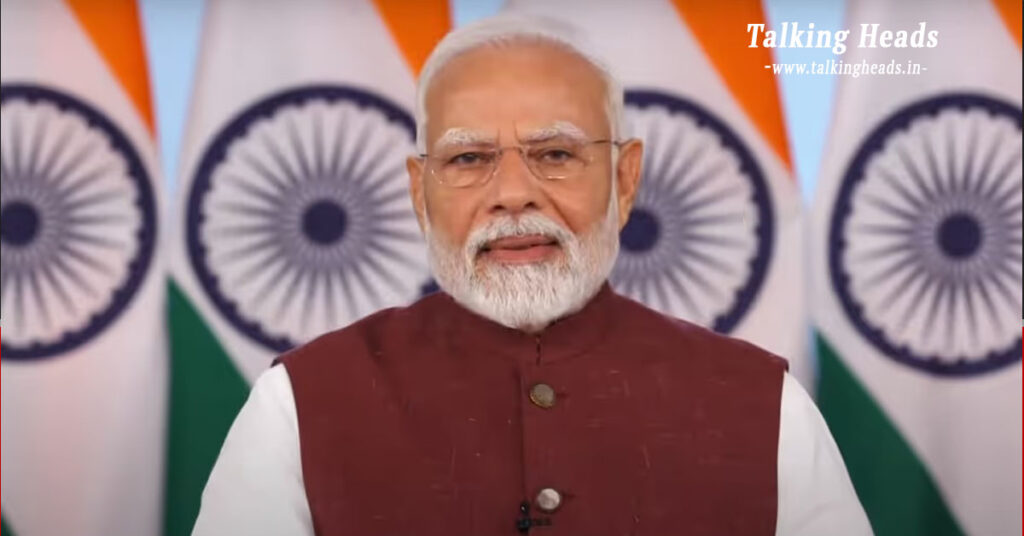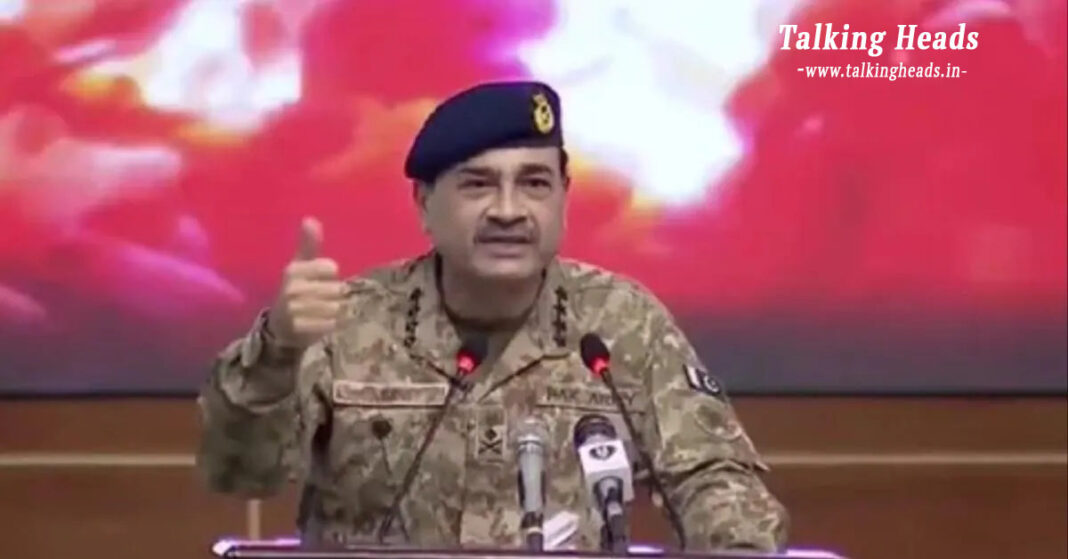In a surprising geopolitical pivot, the United States has signalled a softened stance toward Pakistan—just weeks after India launched Operation Sindoor to combat cross-border terrorism. From inviting Pakistan Army Chief Asim Munir to a prestigious U.S. military event, to hinting at potential U.S. mediation on Kashmir, recent developments suggest a recalibration of American interests in South Asia.
Asim Munir Invited to U.S. Military Day Parade
Table of Contents
In a clear sign of warming military ties, General Asim Munir, Pakistan’s Chief of Army Staff, has received an invitation to attend the U.S. Military Day Parade on June 14. This invitation marks a significant departure from the Biden administration’s earlier posture, which maintained a visible distance from the Pakistani military establishment. The move is raising eyebrows in New Delhi and among foreign policy analysts who have tracked the recent chill in American -Pakistan military ties.
U.S. CENTCOM Chief Calls Pakistan a “Key Anti-Terror Ally”
Adding to India’s concerns, Central Command (CENTCOM) head General Michael Kurilla called Pakistan “a strong partner” in the fight against terrorism. Speaking before the House Committee on Armed Services, Kurilla emphasized that Pakistan has played a vital role in combating ISIS-Khorasan, killing dozens of terrorists and actively sharing intelligence with U.S. forces.

He even credited Pakistan with helping capture terrorist Mohammad Sarifullah, accused of killing 13 U.S. soldiers in 2021. Kurilla highlighted that Pakistan was instrumental in Sarifullah’s extradition to the U.S., with Asim Munir personally alerting American officials of his capture.
Trump Administration Hints at Mediation on Kashmir

Fuelling further speculation, White House Press Secretary Tammy Bruce made a cryptic statement when asked if former President Donald Trump would mediate between India and Pakistan over Kashmir. “I can’t comment on his plans, but the world knows Trump—he’s the kind of person who can bring together leaders no one else can,” she said. Her remarks hint at the possibility of renewed U.S. involvement in the long-standing Kashmir dispute.
From Strategic Distance to Renewed Engagement
Not long ago, U.S.-Pakistan military ties had visibly cooled, particularly after Pakistan’s growing proximity to China. The U.S. had maintained a careful distance from the Pakistani military, often expressing stronger support for India, especially on issues related to terrorism. However, this recent outreach to Pakistan appears to be part of a broader strategic realignment driven by Washington’s increasingly tense relationship with Beijing.
As China deepens its influence in South Asia, the U.S. may be attempting to balance power in the region by rekindling old partnerships—even if that means engaging with a country it had once sidelined.
India Maintains Strategic Silence—for Now

So far, New Delhi has not issued any official statement on these recent U.S. actions. However, policy observers believe the shift could impact regional diplomacy, especially as the U.S. appears less inclined to echo India’s concerns on Pakistan-sponsored terrorism. If the U.S. offers to mediate on Kashmir, it could further complicate bilateral relations between Washington and New Delhi.
Conclusion: A New Chapter in U.S.-Pakistan Relations?
Whether these developments mark a temporary detour or the beginning of a long-term strategic pivot remains unclear. But what’s evident is this: America’s stance on Pakistan is undergoing a quiet transformation, one that could ripple across the regional power structure and alter South Asia’s geopolitical dynamics.










